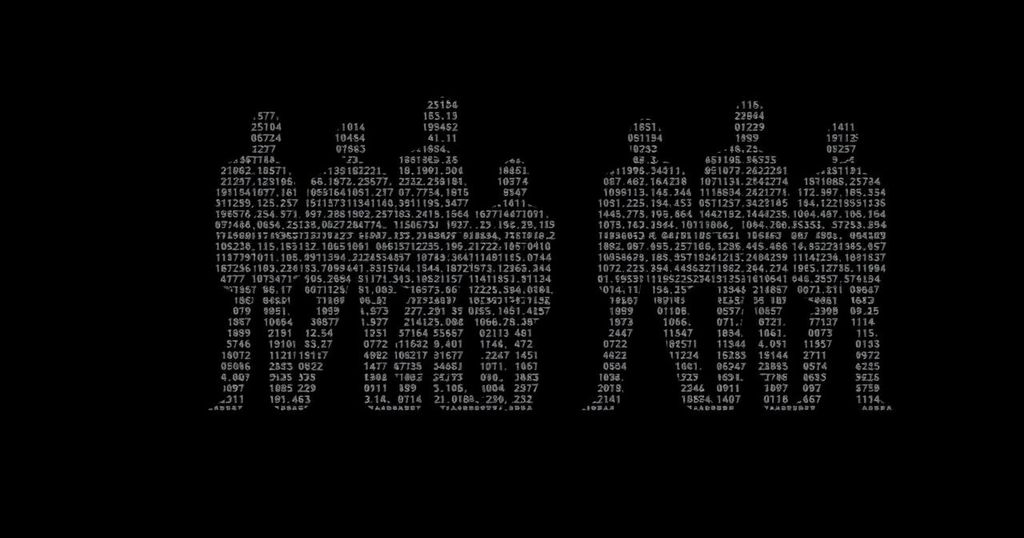Human Rights Watch’s World Report 2023 criticizes Indonesia’s new criminal code, asserting it threatens basic rights of women, LGBTQ+ individuals, and minorities. The code criminalizes consensual relations and expands blasphemy laws, raising concerns over privacy violations. Amidst ongoing violence in West Papua and inadequate government protections for marginalized populations, Indonesia’s international human rights obligations are increasingly scrutinized.
Indonesia’s newly enacted criminal code jeopardizes the fundamental rights of millions within the nation, as noted by Human Rights Watch in their World Report 2023. Marginalized communities—including women, girls, LGBTQ+ individuals, and religious minorities—are set to face significant challenges due to the implications of this legislation. Elaine Pearson, Asia director at Human Rights Watch, emphasizes that “the new Indonesian criminal code plays into the hands of government officials who want to curtail freedom of religion, privacy, and expression.” She urges President Joko Widodo to take decisive measures to ensure that this criminal code and the numerous discriminatory local laws adhered to in the predominantly Muslim nation do not infringe upon the rights of religious minority communities. In the expansive 712-page report, which marks the 33rd edition of the World Report, Human Rights Watch critically examines human rights practices across approximately 100 countries. The acting Executive Director, Tirana Hassan, asserts that due to shifts in global power dynamics, reliance on the predominantly Global North countries to champion human rights is no longer sufficient. The international response to Russia’s invasion of Ukraine serves as a reminder of the essential capacity for governments to uphold their human rights responsibilities worldwide. Collectively, nations—regardless of their size—bear the responsibility of applying a human rights framework to their legislative measures. The Indonesian parliament sanctioned the new criminal code on December 6, 2022, criminalizing consensual sexual relations and cohabitation outside of marriage, infringing upon the right to privacy. Furthermore, the revised blasphemy regulations have been expanded from one to six articles, with the inclusion of a clause regarding apostasy, thus making the abandonment of faith a punishable offense. Legal challenges are anticipated against these controversial provisions, with the law set to enter a three-year transition period before implementation. Amid these developments, numerous Muslim groups have instigated threats and harassment against minority populations, capitalizing on an array of discriminatory regulations, including the blasphemy statute. The government has largely remained inactive in protecting these vulnerable communities. Additionally, Indonesian women protesting against coercive mandatory hijab rules have frequently been disregarded by officials. Conflict continues to erupt between Indonesian security forces and the West Papua National Liberation Army in the Papua and West Papua provinces, resulting in the displacement of at least 60,000 Indigenous Papuans across nine separate conflict zones, while stringent restrictions on international observers and foreign journalists remain in effect. During an assembly of the United Nations Human Rights Council in October, Indonesia notably opposed a proposal to inspect the human rights situation concerning the Uyghurs and other Muslim minorities in China, who are reportedly facing severe discrimination and arbitrary detainment. Human Rights Watch prompts Indonesia, as the chair of the Association of Southeast Asian Nations (ASEAN) in 2023, to advocate for concrete actions addressing the extensive human rights violations perpetrated by the military junta in Myanmar.
The recent changes in Indonesia’s criminal law come amidst a broader context of mounting scrutiny regarding the country’s human rights practices. The essence of the new criminal code, particularly its impact on marginalized groups such as women, LGBTQ+ individuals, and religious minorities, reflects a worrying shift toward greater state control over personal freedoms. This development occurs against a backdrop of historical challenges in Indonesia related to religious tolerance, privacy rights, and the treatment of minorities, which has become more pressing with the growing influence of conservative Islamist groups. The international community, including human rights organizations, is increasingly concerned about these legal transformations and their potential implications for social cohesion and human rights observance within Indonesia.
In summary, Indonesia’s new criminal code represents a significant threat to the basic rights of countless individuals within the country, particularly those belonging to marginalized groups. Human Rights Watch has highlighted several concerning elements of the code, including the infringement on privacy, increased blasphemy laws, and the criminalization of apostasy, urging immediate governmental action to uphold human rights standards effectively. The situation remains precarious, requiring vigilant observation and advocacy from both domestic and international entities to prevent further erosion of fundamental rights.
Original Source: www.hrw.org






